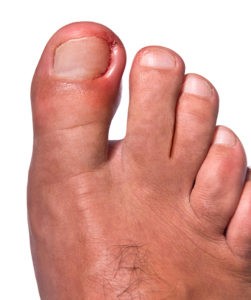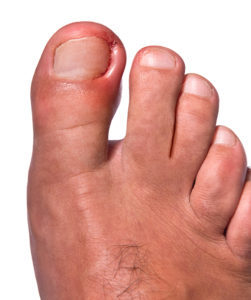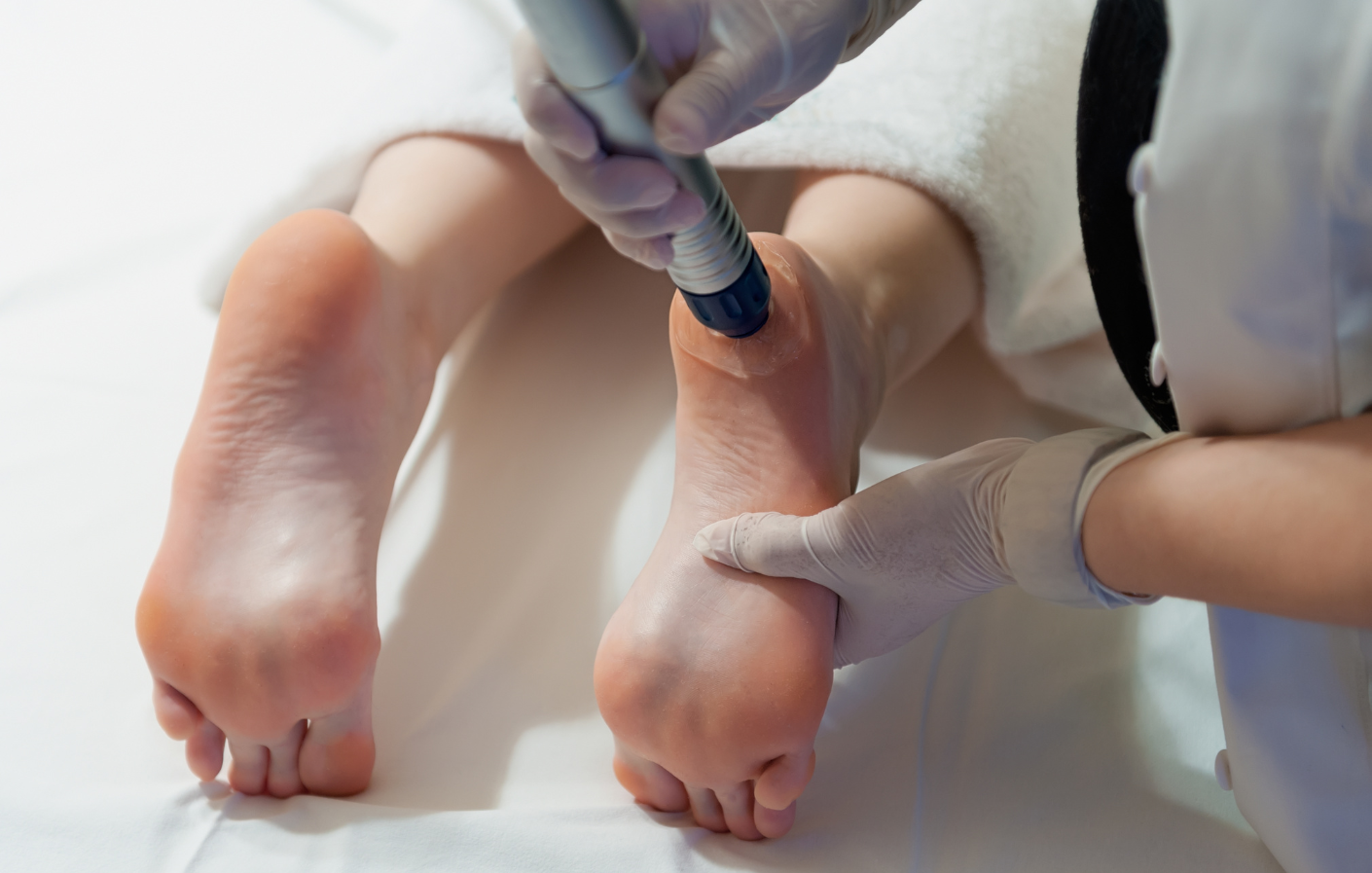

 While the most common descriptors of ingrown toenails from our patients include painful, frustrating, uncomfortable, annoying, excruciating, can’t-wear-shoes-anymore and can’t-sleep-at-night, we recently had a patient call in to book an appointment because he’d had an ingrown toenail for a couple of weeks now, and alongside some pain and discomfort, it was feeling quite numb.
Meeting him at the clinic, we discussed that he’d tried looking up online whether numbness, particularly around one side of his big toe, was normal or if it could be a sign of something more sinister – with no luck at all from Dr. Google. So today, our podiatrists at the Auckland Ingrown Toenail Clinic thought we’d answer this question for anyone else stuck in the same boat: Is numbness normal in ingrown toenails?
While the most common descriptors of ingrown toenails from our patients include painful, frustrating, uncomfortable, annoying, excruciating, can’t-wear-shoes-anymore and can’t-sleep-at-night, we recently had a patient call in to book an appointment because he’d had an ingrown toenail for a couple of weeks now, and alongside some pain and discomfort, it was feeling quite numb.
Meeting him at the clinic, we discussed that he’d tried looking up online whether numbness, particularly around one side of his big toe, was normal or if it could be a sign of something more sinister – with no luck at all from Dr. Google. So today, our podiatrists at the Auckland Ingrown Toenail Clinic thought we’d answer this question for anyone else stuck in the same boat: Is numbness normal in ingrown toenails?

We’ve welcomed the Nu-Tek low-level laser into our podiatry clinic. Here's how you tell if it could be the answer to your foot
pain.

Otherwise known as radial pressure wave therapy, shockwave therapy is a device held by our podiatrists and positioned against your foot or leg at the site of your injury.
Keeping your family on their feet and helping them to walk, run, play and exceed their goals is why we love getting up in the morning.
We're located inside the One Health medical centre at Building 122 Remuera Rd, Remuera, Auckland 1050, New Zealand
| MON - SAT | 8:30am – 6:00pm |
| SUN | Closed |
Make an Appointment
Online Schedule